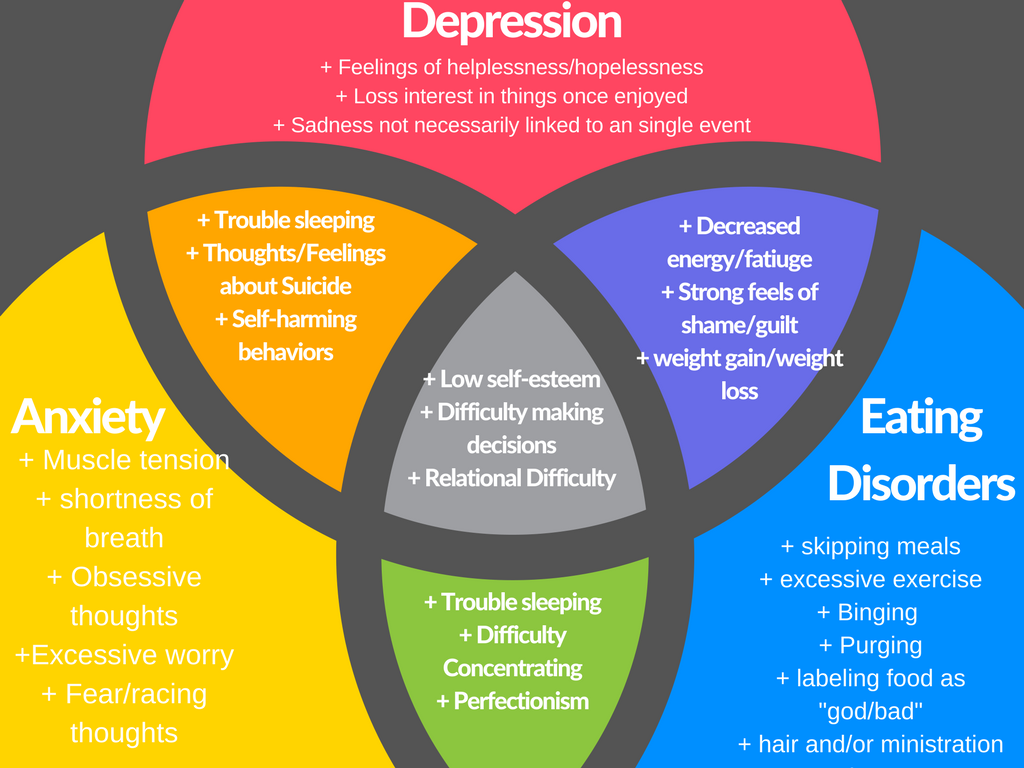According to an article written on the Harvard Health blog studies have shown that when individuals take probiotics (supplements containing the good bacteria), their anxiety levels, perception of stress, and mental outlook improve, compared with people who did not take probiotics. This is just one factor to your gut health nor your anxiety/stress management. “Clean eating”, eating whole foods that are typically found in the outer corners of the grocery story have shown that there is a lowered risk of depression than eating processed foods, what would normally be found in the center of a typical grocery store.
Siting the same Harvard Health blog scientists account for these difference explained above due to the tendency of “clean eating” diets tend to be high in vegetables, fruits, unprocessed grains, and fish and seafood, and to contain only modest amounts of lean meats and dairy. They are also void of processed and refined foods and sugars, which are staples what I think the America culture has adapted to.
So having a healthful diet and getting all the vitamins and minerals that are recommend is clearly beneficial as well as avoiding foods that are potentially damaging to the gut and then in turn peoples mental health. The less inflamed the gastrointestinal track is, the more emotional regulation will be achievable.
My hope is to continue this series hopefully it will be fruitful.


